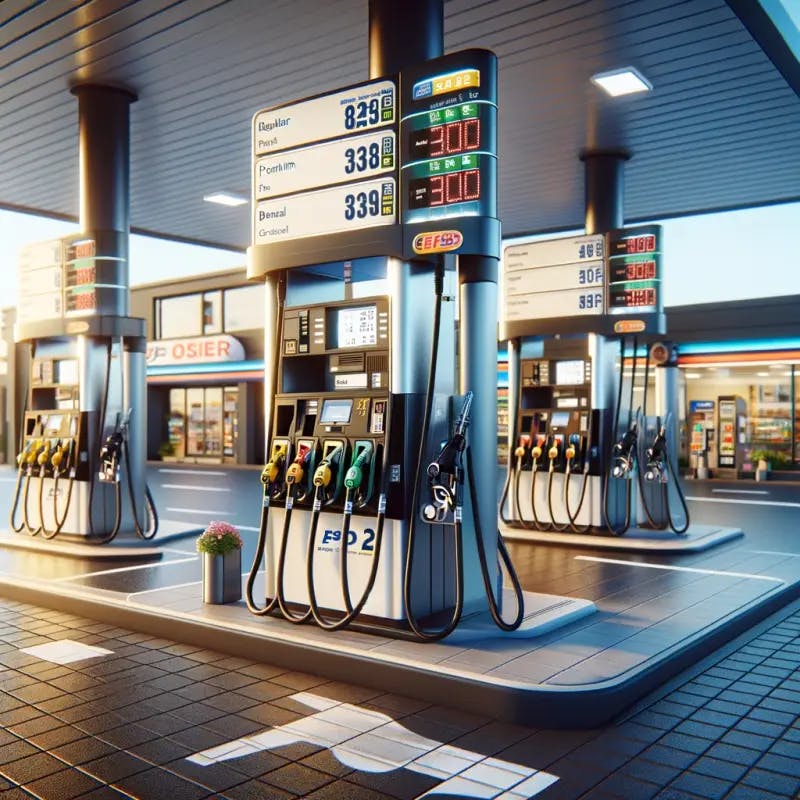5 ways to improve-fuel-efficiency for your fleet

Improving fuel efficiency within a fleet operation is a pivotal concern for logistics managers, aimed at reducing operational costs and minimizing environmental impact. Here are five strategies to enhance fuel efficiency across your fleet:
Implement Advanced Fleet Telematics:
Leveraging technology, specifically advanced telematics, can significantly improve fuel efficiency. These systems provide real-time data on vehicle performance, driver behavior, and fuel consumption. By analyzing this data, logistics managers can identify patterns that lead to excess fuel usage, such as idling, harsh acceleration, and speeding. Implementing driver feedback systems and setting performance benchmarks based on this data can encourage more fuel-efficient driving habits.
Regular Vehicle Maintenance:
Keeping fleet vehicles in optimal condition is crucial for maximizing fuel efficiency. Routine maintenance checks should include tire pressure monitoring, engine tune-ups, and the replacement of air filters. Properly inflated tires reduce rolling resistance, while a well-tuned engine and a clean air filter ensure the vehicle runs smoothly, using fuel more efficiently. Establishing a strict maintenance schedule helps in early detection of issues that could lead to increased fuel consumption.
Invest in Fuel-Efficient Vehicles:
When expanding or replacing parts of the fleet, consider investing in vehicles with higher fuel efficiency ratings. This might include exploring alternative fuel vehicles, such as electric or hybrid models, which can offer significant savings on fuel costs over time. Additionally, choosing vehicles with aerodynamic designs can reduce drag, further enhancing fuel efficiency.
Optimize Routes and Loads:
Efficient route planning can significantly reduce unnecessary mileage and, consequently, fuel consumption. Utilizing route optimization software allows logistics managers to calculate the most efficient routes, taking into account traffic conditions, delivery windows, and vehicle capacity. Similarly, maximizing load capacity ensures that vehicles are used efficiently, reducing the number of trips needed and, as a result, saving fuel.
Educate and Incentivize Drivers:
Driver behavior has a profound impact on fuel efficiency. Educating drivers on fuel-efficient driving techniques, such as maintaining steady speeds, gentle acceleration, and anticipating traffic flow, can lead to substantial fuel savings. Implementing incentive programs that reward drivers for efficient fuel usage can further encourage adherence to these practices.
By focusing on these areas, logistics managers can achieve considerable improvements in fuel efficiency, leading to cost savings and a reduced environmental footprint. Continuous evaluation and adaptation of these strategies as technologies and fleet compositions evolve are essential for maintaining optimal fuel efficiency.